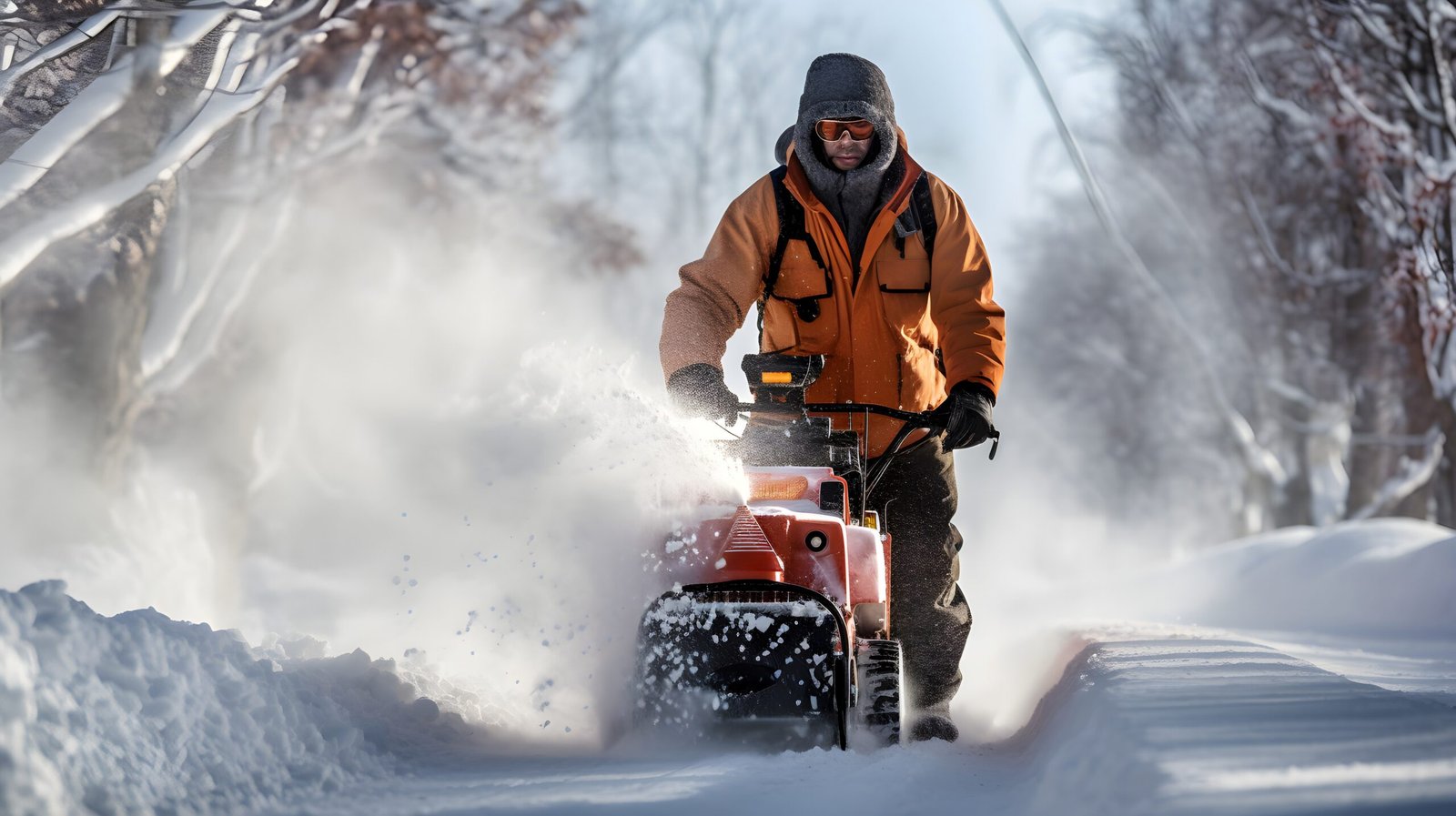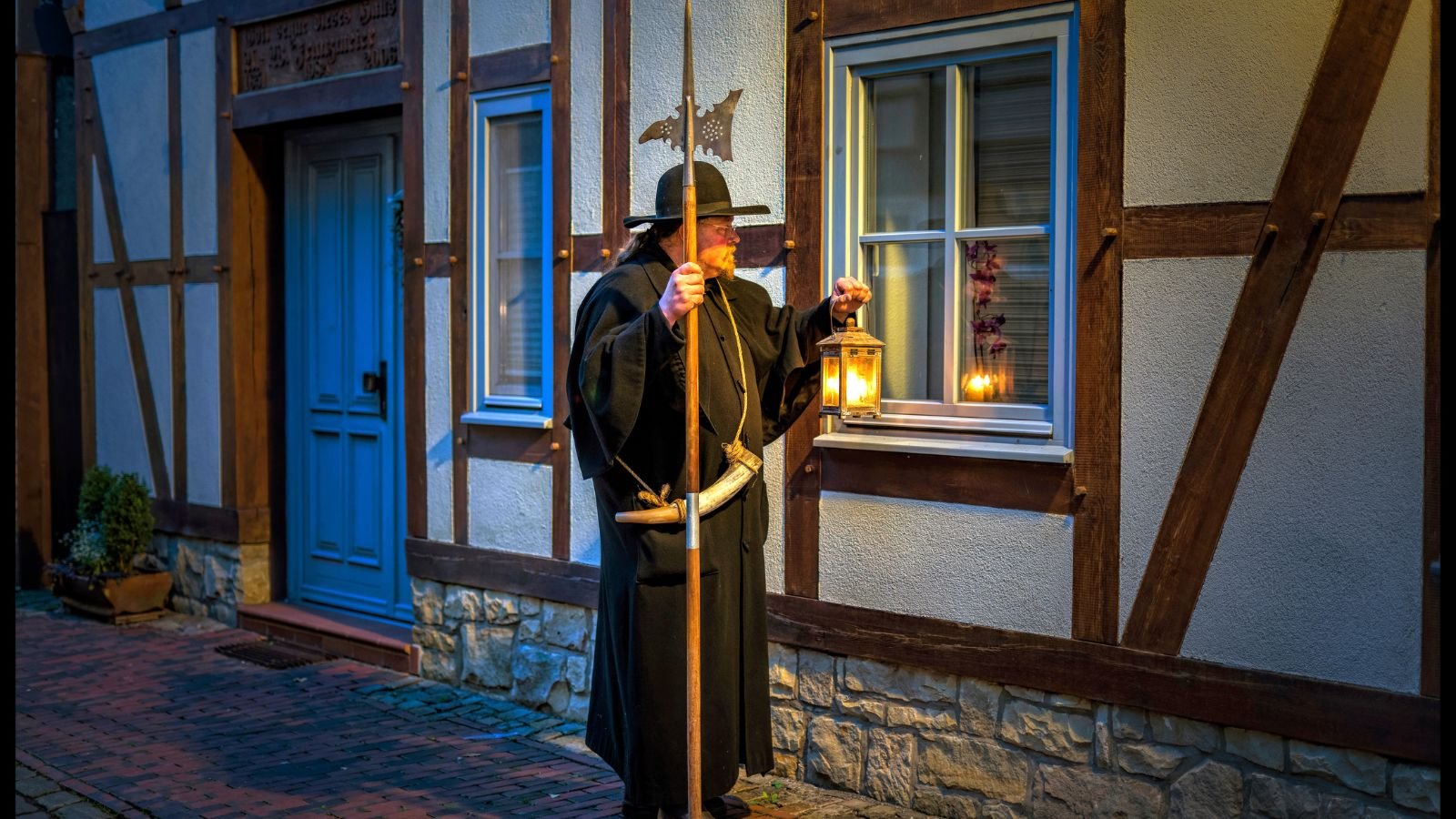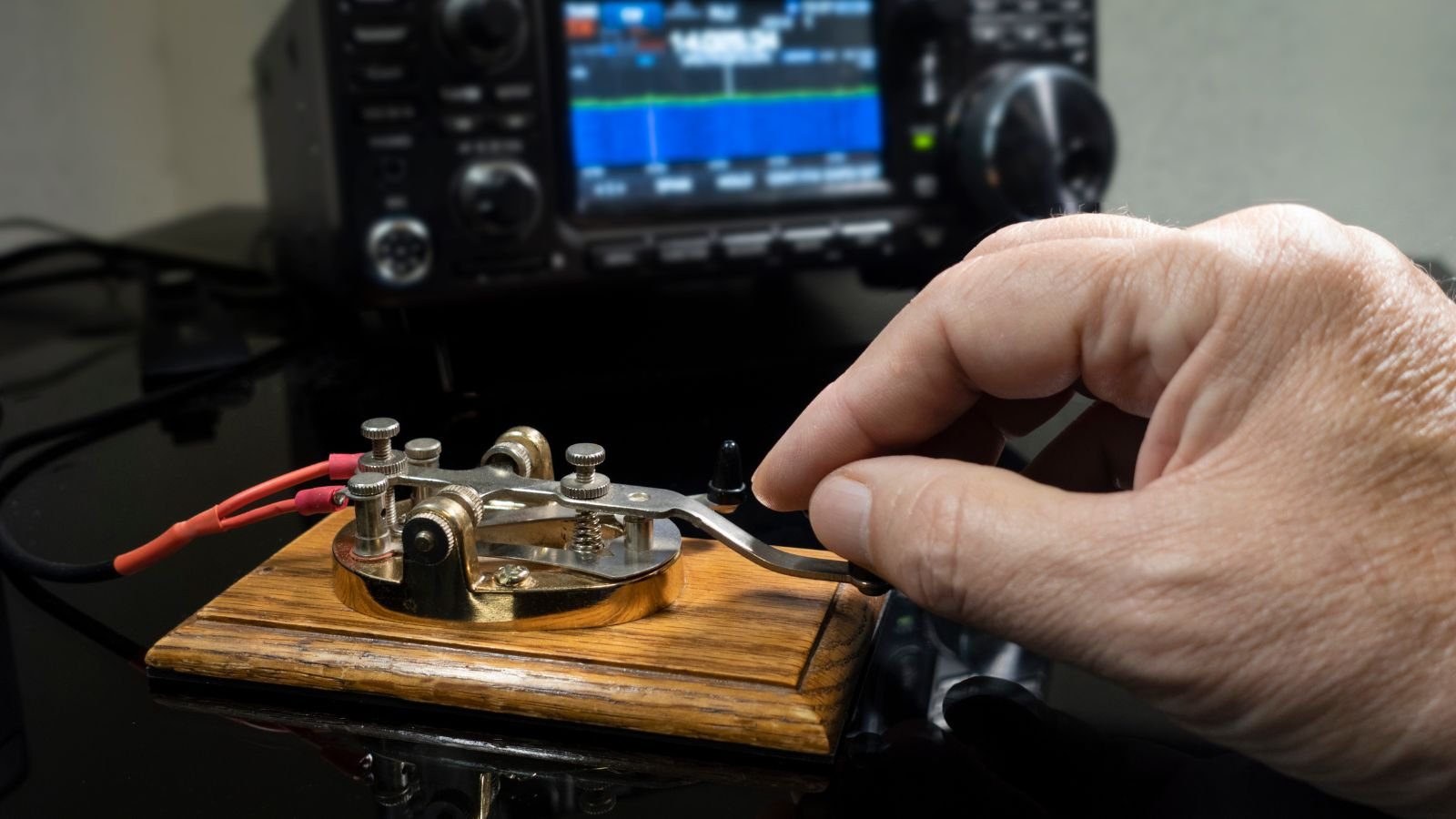Our grandparents had many jobs that no longer exist today. These jobs were once essential but have become obsolete due to technological advances. From switchboard operators to milkmen, these roles were vital in daily life.
Join us as we take a nostalgic trip down memory lane and explore some jobs that have vanished from today’s workforce. Understanding these lost professions gives us a glimpse into the past and how much our world has changed.
Switchboard Operator

A switchboard operator is used to connect phone calls manually by plugging cords into the right jacks. According to a report by the US Bureau of Labour Statistics it is one of the fastest declining occupations in the world.
It was a busy job, especially in big cities. Operators had to handle many calls at once, quickly and accurately. With the advent of automated telephone systems, this job became obsolete. Digital communication replaced the need for manual operators.
Ice Cutters Harvesting Winter

Ice cutters harvest ice from frozen lakes and rivers during winter and store it in ice houses for use in the summer. It was a tough job that required physical strength. Our Grandparents probably had some fun at this job. They used saws and other tools to cut large blocks of ice from the frozen water. The job of ice cutter became obsolete with the invention of the refrigerator. People could now keep food cold without the need for harvested ice.
Camera Film Developers

In the past, almost every town had a photo lab with a film development service. Customers would drop off their film rolls and return in a few days to pick up their developed photos. They used chemicals and specialized equipment to develop the images.
The introduction of digital cameras in the late 1990s and early 2000s revolutionized photography. With digital cameras, people can see their pictures instantly and print them at home or kiosks. The demand for traditional film development dropped sharply.
Lamplighters or Gaslighters

Before electricity, people were explicitly employed to light and extinguish street lamps. They worked in the evening, going around the streets to light the gas lamps so people could see at night. It was a physical job, requiring them to climb ladders and sometimes work in harsh weather conditions to light the lamps. The job faded with the advent of electric street lights, which were easier to manage and didn’t require manual lighting.
Milkman Delivering To Homes

The milkman delivered fresh milk directly to people’s homes. This job was prevalent in the early to mid-20th century. Every morning, milkmen would drop off milk bottles on doorsteps, ensuring families had fresh milk for the day.
The rise of supermarkets and home refrigeration in the 1950s and 1960s changed how people bought and stored milk. Instead of needing daily deliveries, families could buy milk in larger quantities and keep it fresh at home.
Human Alarm Clock (Knocker Upper)

A human clock, also known as a knocker-upper, was someone hired to wake people up. They used a long stick or a small baton to tap on bedroom windows or doors and ensure their clients woke up on time. The invention and widespread use of affordable alarm clocks in the early 20th century made the job of a knocker-upper unnecessary. People could now set their own alarms to wake up, eliminating the need for someone to perform this task.
Bowling Pinsetter

Probably the most fun job our grandparents ever had. Bowling pinsetters were young workers who used to manually reset the pins after each round. They would clear the fallen pins, return the ball to the bowler, and set up the pins for the next turn. This job was common in bowling alleys from the early 1900s to the 1950s. Soon after the introduction of automatic pin setting machines, the job of a manual setter became irrelevant.
Radio Actor

Radio actors performed in radio dramas, bringing stories to life through their voices. They played various characters, using vocal skills to convey emotions and create vivid scenes for listeners. It was a vital part of the entertainment industry, but has largely disappeared with the advent of television. Orson Welles, Al Jolson, Martin Gabel were some of the most famous radio actors in Hollywood. They had a prolific career until the arrival of television.
Elevator Attendants

Elevator attendants were individuals who manually controlled elevators in buildings. They operated the elevator by managing the lever and ensuring passengers reached their desired floors safely. They were common in hotels, office buildings, and department stores. According to the U.S. Census, during our grandparents’ time, the number of elevator attendants increased to over 90,000 in the 1940s. By the 1970s, most buildings had switched to automatic systems, allowing passengers to operate elevators on their own.
Linotype Operators

Linotype operators were skilled workers who set type for printing presses using a Linotype machine. This machine, invented in the late 19th century, cast entire lines of type in metal, making it faster and more efficient than setting type by hand. Linotype operators played a crucial role in the printing industry, producing newspapers, books, and other printed materials. Later, the rise of typesetting and desktops replaced the need for Linotype machines and their operators.
Telegraph Operator

Yes, there was a time when Morse code was a thing that our grandparents used as a skill to book jobs for telegraph operators. Before the invention of the telephone and the internet, they played a vital role in global communication. Operators would listen to the beeps and clicks of these codes and translate them into readable text. It was quite a struggle for them because the job had lots of complexities. Later the invention of emails, voice calls and telephone systems wiped away this profession.
Typist

Typists worked in offices and typed documents on typewriters. They often typed letters, reports, and other important documents, ensuring the text was accurate and well-formatted. Typists were essential in businesses, government offices, and other organizations. The invention and widespread use of personal computers and word-processing software in the 1980s and 1990s reduced the need for dedicated typists.
